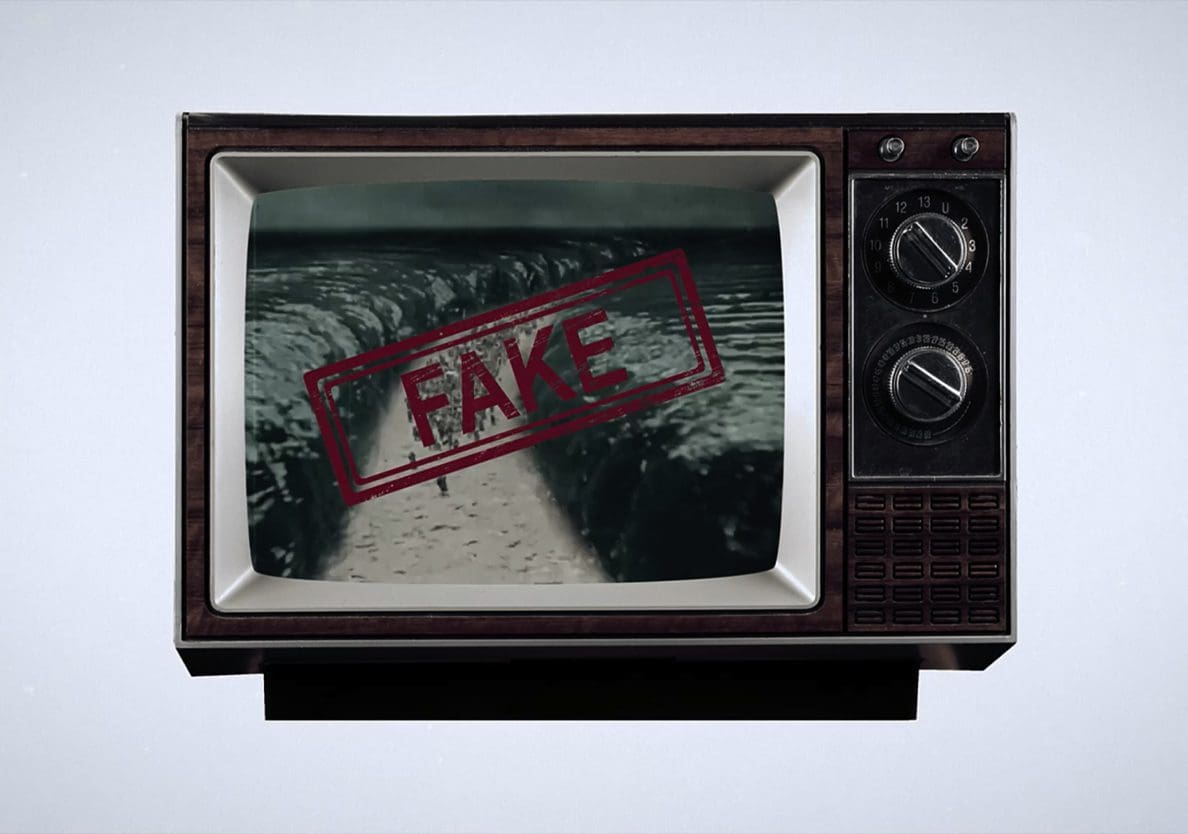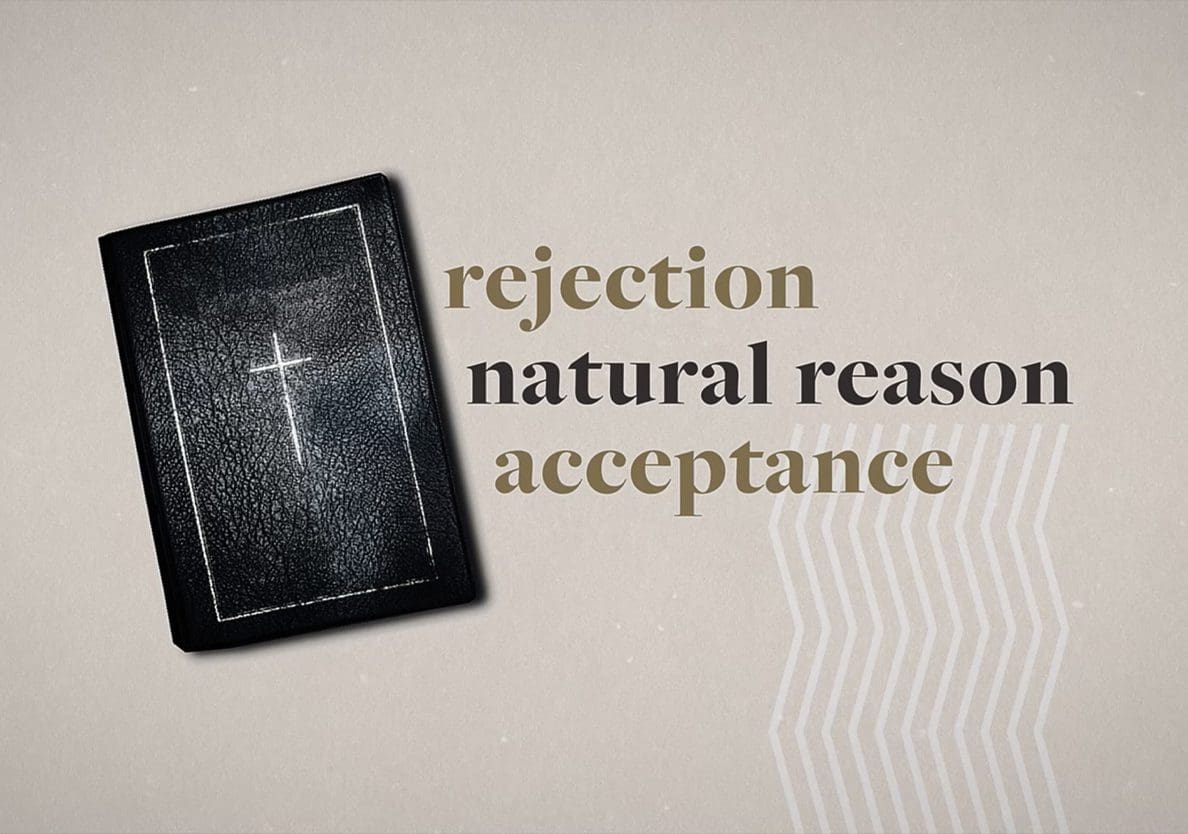The Bible records many amazing actions of God within its pages. Face to face talks, supernatural creatures, one-time natural events as a direct result of God’s interference like the Flood, the rainbow, and the ten plagues of Egypt. The Bible records miracles like the red sea crossing, the stopping of the Jordan and the destruction of the walls of Jericho. Today’s Western world finds these events intolerable. If we don’t see or experience these things today, then they must be impossible. Which, we should be reminded is a part of the definition of a miracle: something very unusual that without the outside interference of God would be impossible!
People have responded to the miracles of the Bible in many ways, wholesale rejection of them as myth or legend, wholesale acceptance of them as possible for a creator God and attempts at explanation that often reach into the natural world. Perhaps, for example, the stopping of the Jordan River during Joshua’s conquest of Canaan was caused by an earthquake since the Bible says the water flow was stopped up in a heap at the city of Adam (Joshua 3:16), and to this day earthquakes and landslides are known to periodically cause interruptions in the river’s flow.


Natural explanations like this go some way in making us modern men feel more comfortable, but when analyzed more closely even if the Jordan was stopped by a landslide, the chances of it stopping right when the priests carrying the ark began walking into the river are astronomical. In other words, it would still be classified as a miracle of God, who told the Israelites where and when to walk into the Jordan in the first place.
Other natural explanations seem to expose our willingness to believe in anything but miracles. Or perhaps on the other hand to try to scientifically bolster the credibility of our belief in the God of the Bible. Good examples of this are found in the natural explanation theories given for the 10 plagues of Egypt. Popular theories see harmful algae invade the Nile due to violent storms upriver or likewise a harmful organism invades the Nile and begins attacking fish in the Nile. These are equated to the first plague of the Nile River turning to blood, which then begins a chain reaction that accounts for the first six plagues.

While these theories seem to offer intriguing possible methods for the miracles of God, they only potentially account for the first 6 plagues, with a new sequence of natural events needed for the final 4. They also are not evidenced by any known activity in the area. Scholar Brad C. Sparks has convincingly shown these explanations themselves would require rather miraculous circumstances to begin in the Nile River: One of the algae in question naturally occurs in stagnant or slow flowing rivers not at all matching the description of the Nile, and others occur only in cold temperatures making them incompatible with the tropical Nile. Interestingly, these natural explanations themselves would still require something rather miracle-like to have occurred.
Whichever way we cut it; the Bible serves as a challenge to us. The question is: how will we respond?

Corie Bobechko is a daily co-host, speaker, and writer of Bible Discovery. She also hosts a YouTube channel that shows how history and archaeology prove the Bible. Her heart for seekers and skeptics has led her to seek truth and share it with others. Corie also has a Bachelor of Theology from Canada Christian College.
• Brad C. Sparks, Did Anthrax Plague the Egyptians? Associates for Biblical Research. Published on October 17, 2007.
https://biblearchaeology.org/research/chronological-categories/exodus-era/3990-did-anthrax-plague-the-egyptians
• “Exodus in the Bible and the Egyptian Plagues”. Biblical Archaeology Society.
https://www.baslibrary.org/bible-review/6/3/13https://www.biblicalarchaeology.org/daily/biblical-topics/exodus/exodus-in-the-bible-and-the-egyptian-plagues/






